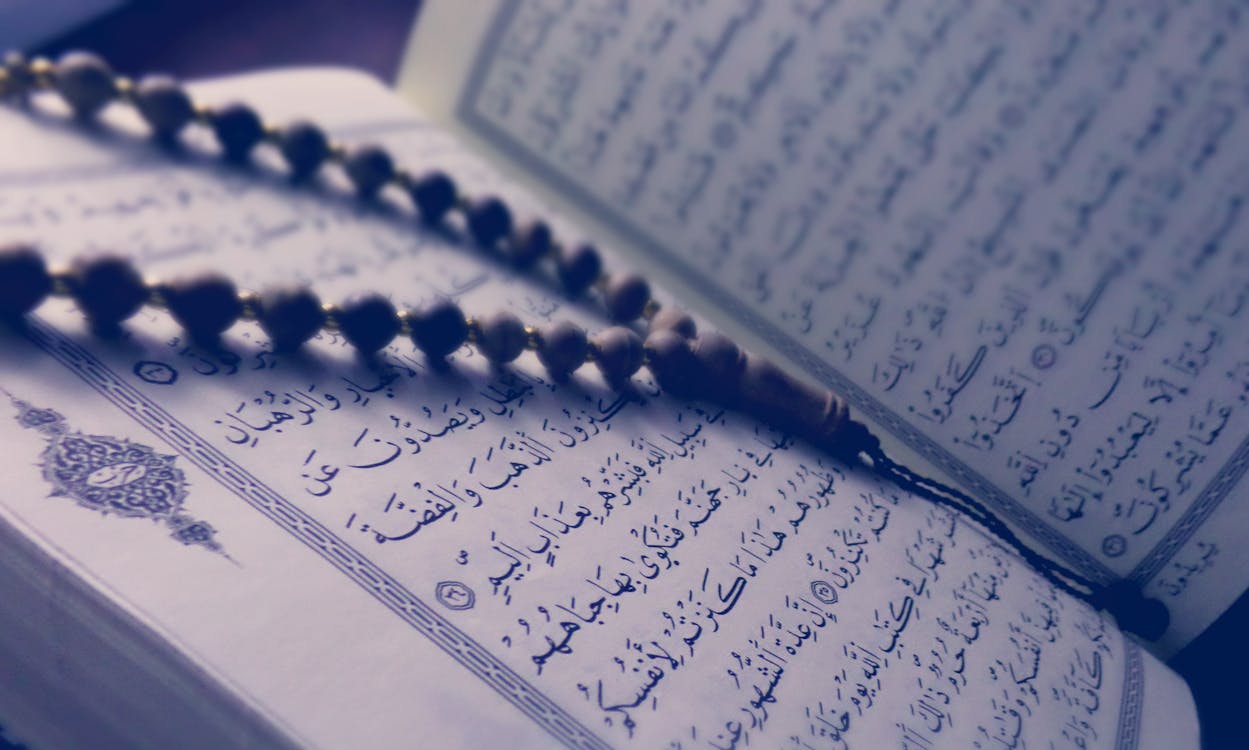Thoughts About the Authenticity of the Qur'an - Part Two
This is a response to the comments given to my first post on this subject, so please review that if you haven't already.
I would like to say first that your comments are very intelligent and well thought out. My response to them is fairly simple. I believe that how we feel about the Qur'an is a very personal experience. If we think about the criterion in 4:82 ("and had i2t been from other than Allah, they would surely have found therein many contradictions") then each of us has to study for ourselves to determine if it seems like the Qur'an is a coherent unit.
For me personally, after years of study, I always find that the Qur'an fits together beautifully. Because of this, I have a hard time believing that it is not in its original form. At the same time, I don't believe that this is something you can convince a person of. I think it is something they have to find for themselves.
Another point is, that even if we assume that it has been changed, that's okay. Contrary to what many people think, Allah never said He preserved the Qur'an. He said: "Truly, we have sent down the dhikr, and we will preserve it." 15:9 There is a difference between the Qur'an and the dhikr. Allah said: "...by the Qur'an full of dhikr." 38:1 So the Qur'an contains the dhikr, and that is the part He promised to preserve.
The dhikr, to paraphrase Rasheed Al-Jarrah's definition, is the divine interpretation of events. So when we interpret the events of our lives in a way in which we remember Allah, that it is the zikr. Allah has preserved the dhikr, meaning we can still find the divine interpretation of the events of our lives in the words of the text of the Qur'an. So even if some of the words were changed, the dhikr is still available.
To reiterate, however, from my own study I can say I am comfortable feeling that we have the same Qur'an that the Prophet Muhammad taught. Some of the issues you raised don't contradict this. For example, you mentioned the change of tense in the language. First, we have to be careful about bringing our own cultural baggage (including our language) to the study of the Qur'an (or any language for that matter). What is strange for us in English may be perfectly acceptable in another language.
We also sometimes make other assumptions, for example, that the Qur'an is qawlullah (the linguistic statement of Allah). Making this assumption will lead us to think aayaat like the following doesn't make sense:
"Truly WE have given you a manifest victory. So that ALLAH will forgive you your past and future sins..."
48:1-2
Why would it change from WE to ALLAH?
This is a big discussion, but in short, we have to distinguish between kalimah (word/concept) and qawl (linguistic form). The Qur'an contains the kalimaat of Allah (words in the sense of concepts) but it is not His qawl (linguistic formulation). This is clear from the following ayah: "Truly it is the Qawl of a noble messenger." 81:19
Here the messenger (if you look at the context) could be talking about Jibreel. So when the Qur'an speaks in the first person (WE) and switches to the third person (ALLAH) this could be the angels (or just Jibreel) telling us about Allah. This doesn't solve all interpretive problems, of course, this is only a quick thought to show that we shouldn't assume that the change of tense in the Qur'an is proof that it wasn't preserved. Allah knows best.
This is a big discussion, but in short, we have to distinguish between kalimah (word/concept) and qawl (linguistic form). The Qur'an contains the kalimaat of Allah (words in the sense of concepts) but it is not His qawl (linguistic formulation). This is clear from the following ayah: "Truly it is the Qawl of a noble messenger." 81:19
Here the messenger (if you look at the context) could be talking about Jibreel. So when the Qur'an speaks in the first person (WE) and switches to the third person (ALLAH) this could be the angels (or just Jibreel) telling us about Allah. This doesn't solve all interpretive problems, of course, this is only a quick thought to show that we shouldn't assume that the change of tense in the Qur'an is proof that it wasn't preserved. Allah knows best.


0 Comments